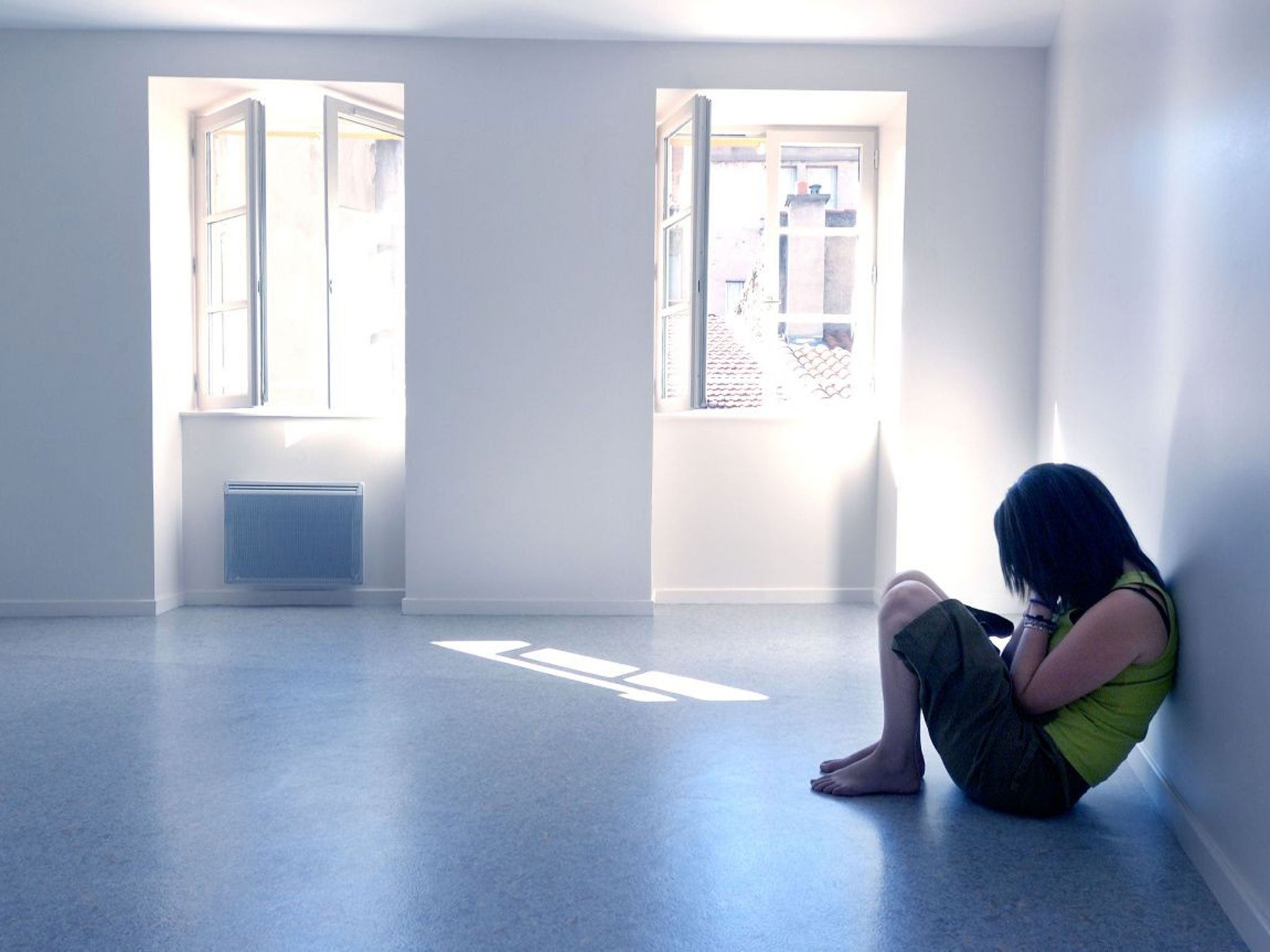Time to give a new meaning to 'take care'
A change in the law will allow vulnerable youngsters to move out into the world when they are ready, rather than being forced to do so at 18

This week was a historic one for children in foster care in England: the Government listened, and an amendment to the Children and Families Bill will give young people the option to stay in the care of the state until they are 21.
For some of the most damaged in our society, this change could well be the foundation for a positive future; they need ongoing emotional and financial security so that they can deal with the suffering they have tolerated and are able move on.
I say this because as a 30-year-old I can't help but ponder what might have been if my childhood had been different, or I had stayed in foster care until I was 21.
When I was four, one brother was diagnosed with cancer and the other was confined to a wheelchair after a serious road traffic accident. As my family struggled to provide round the clock care for two children, my dad's business collapsed; he tried to hold us all together and we lived in real poverty.
I was nine when my brother, Andrew, died. While we hurt, I remember people bullying us because we lived in a dilapidated house. I remembered them calling him "baldy" when he was undergoing chemotherapy. My behaviour started to change. Anger bubbled. I couldn't make sense of anything.
Home was chaos; disarray, mental instability and bereavement were predominant and the unspoken emotions, anxiety and distress suffocated me. I couldn't think straight, let alone study for my GCSEs. Aged 15, I was put in foster care for a year, and it was the most stable my life has ever been. When I was told I could move into supported housing at 17, freedom seemed a good option.
Unfortunately, left to my own devices, I went into meltdown. I couldn't cook, was penniless and starving and I felt I had no one. I was running on rage and hate for all the seeming injustices. Life appeared disposable and nothing mattered. Carved into my empty kitchen cupboards was "kill me now" – the previous resident had obviously felt as alone as I did. Self-destruction ensued. Within six months I had quit college and was evicted by the council for breaking rules.
The person I was then is unrecognisable and I can't explain my actions other than to say that I was heartbroken. I hadn't thought life could get any worse; it did.
It is really hard to look after yourself as a teenager and the help I was offered was patronising – such as how to fill in my name on a form – not practical advice for living alone.
If extended foster care had been an option, I would have taken it. I needed stability and to be with someone who could guide me. It would have made such a difference.
I am hardly representative: most children in care have been through a hell of a lot more – sexual abuse, extreme neglect and violence, then the gamble of being in care. Can you even try to conceive how they feel, and understand the amount of support they need?
A huge proportion of those who are homeless or in prison have spent time in care. I could have become a statistic if I hadn't been fortunate enough to secure work, which gave me the structure I craved and a dash of self-worth. But if you've been ferried around foster placements in different areas, changing schools as you go, there aren't many workplaces which want you if you don't possess five GCSEs.
Excitement at the prospect of living alone is common among children in care, although the reality is very different. For those who find the care system the sanctuary it should be, to have their foster placement whipped away at 18 is a sickening notion which blights many throughout their teens. The average age to leave home in the UK is 24. When children are taken from their families and put into "care" we need to do just that – care for them and look after them in the way a nurturing family would. And we need to understand that these young people need time to heal, and a restorative place to become the people they are meant to be.
It's been a slow road striving to beat the odds, and I still have problems. Care leavers all over the country continue to go through a similar journey to mine. For some, it's too much and they can't see the light. I do all I can to ensure others don't feel this, and I volunteer for the Topé Project, which aims to combat isolation for care leavers and was created in memory of a young care leaver who took his life.
Every day I am truly humbled by the successful young care leavers I cross paths with and the strength they possess, and I want to highlight the tenacity they have and what they achieve if they are given the right support. Let us do them justice.
Ruth Stivey is a freelance journalist. Contact the Topé Project at: thetopeproject@gmail.com
Join our commenting forum
Join thought-provoking conversations, follow other Independent readers and see their replies
Comments
Bookmark popover
Removed from bookmarks